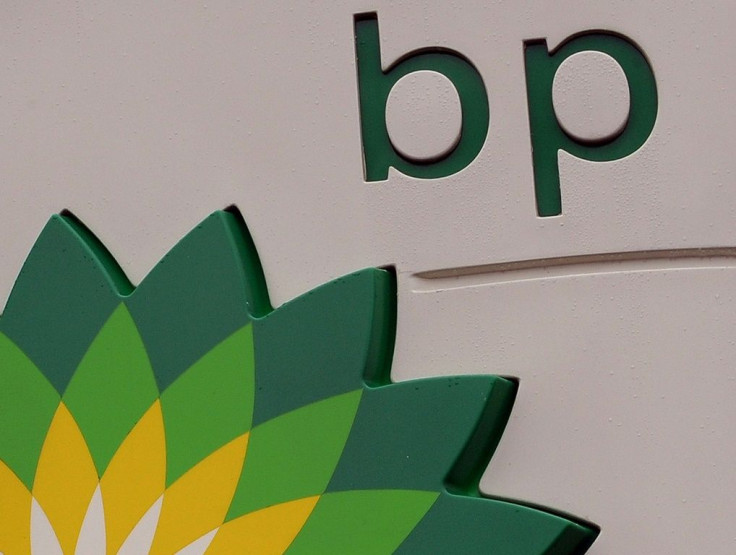Climate Change: BP Seeks To Dramatically Reduce Carbon Emissions By 2050

KEY POINTS
- BP wants reduce its net carbon emissions by no later than 2050
- Environmentalists are skeptical about BP's plans
- BP currently emits 415 million tons of carbon dioxide equivalents each year
The new chief executive of BP plc (BP) Bernard Looney said he wants the oil giant to “reinvent” itself and dramatically reduce its net carbon emissions by no later than 2050.
As part of that strategy, Looney said the company will scale back its oil and gas operations and make more investments in alternative energies. BP also pledged to push for carbon taxes around the globe and launch a new division to “help countries, cities and large companies decarbonize.”
"The world's carbon budget is finite and running out fast; we need a rapid transition to net zero,” he stated. "Trillions of dollars will need to be invested in replumbing and rewiring the world's energy system. It will require nothing short of reimagining energy as we know it. This will certainly be a challenge, but also a tremendous opportunity. Together we will aim to build a more agile, innovative and efficient BP.”
BP admitted it currently emits 415 million tons of carbon dioxide equivalents each year -- 55 million from BP's operations and 360 million from its upstream oil and gas production.
Looney’s rhetoric came in sharp contrast to his predecessor Bob Dudley, who emphasized the importance of fossil fuels and scoffed at plans to transition to renewable energy as unrealistic.
But Looney has the support of BP chairman Helge Lund. “Aiming for net zero is not only the right thing for BP, it is the right thing for our shareholders and for society more broadly,” Lund said.
However, BP will continue to invest in oil and gas assets in the short term.
Environmental campaigner Greenpeace, which has staged many protests against BP, criticized Looney for failing to provide details.
"BP's 'ambitions' and 'aims' all seem to apply to Looney's successors, and leave the urgent questions unanswered,” said Charlie Kronick, oil advisor from Greenpeace UK. "How will they reach net zero? Will it be through offsetting? When will they stop wasting billions on drilling for new oil and gas we can't burn? What is the scale and schedule for the renewables investment they barely mention? And what are they going to do this decade, when the battle to protect our climate will be won or lost?"
Greenpeace UK’s executive director John Sauven wrote recently: “If BP's new CEO is serious, the company will quickly abandon oil and gas, and move into renewable energy. Until it does, BP will continue to be a major culprit in the climate emergency.”
However, another activist group, Climate Action 100+, a group of investors seeking to pressure large greenhouse gas emitters, welcomed BP’s plans.
"We need to see a wholesale shift to a net zero economy by 2050," said Stephanie Pfeifer, a member of the group's steering committee. "This must include oil and gas companies if we are to have any chance of successfully tackling the climate crisis.”
Pfeifer added that Climate Action 100+ investors will monitor BP to see how they address climate change.
"This includes how it will invest more in non-oil and gas businesses, and ensuring its lobbying activity supports delivery of the Paris Agreement," she said.
Some analysts are skeptical about BP’s green ambitions.
“The challenge will be how to solve decarbonizing its portfolio while at the same time sustaining growth if this means divesting high-carbon assets that also generate material cash flow,” said Christyan Malek, head of European oil research at JPMorgan Chase & Co.
Last year BP invested about $500 million in low-carbon technologies like wind power, electric vehicle battery charging systems and solar power firm Lightsource BP. The company’s overall budget amounted to $15.2 billion in 2019.
Cynics also point to BP’s failure to reinvent itself in the early 2000s – a plan to construct a large renewables business led instead to huge losses .
© Copyright IBTimes 2025. All rights reserved.





















